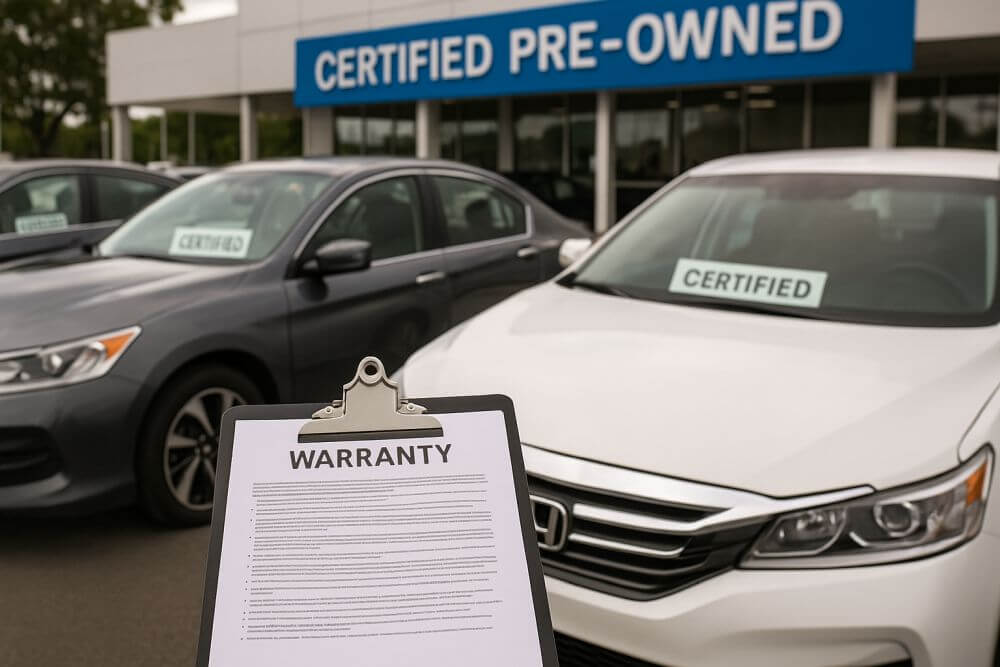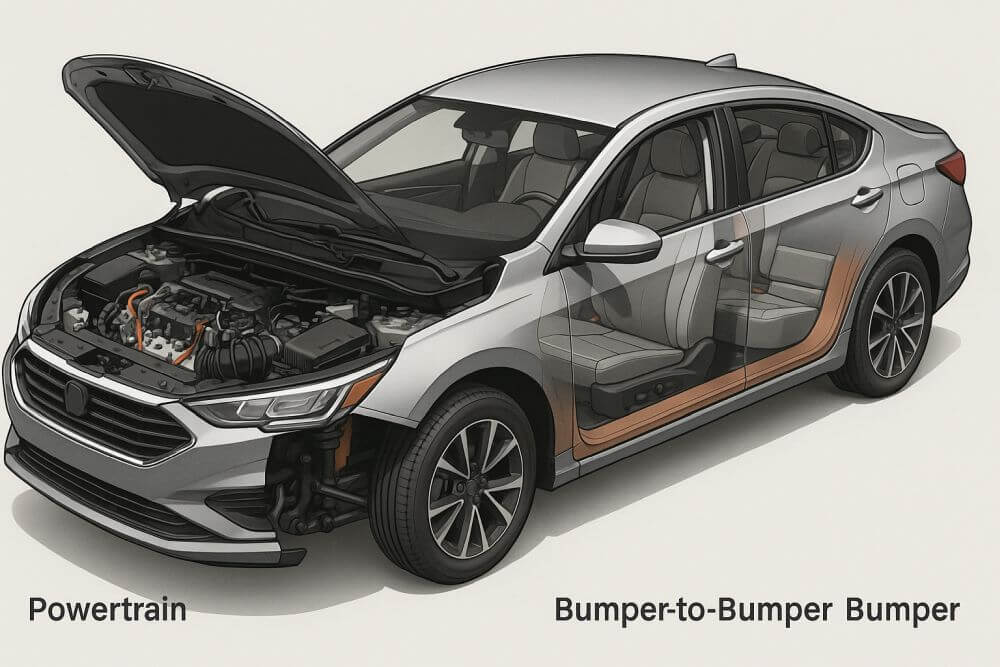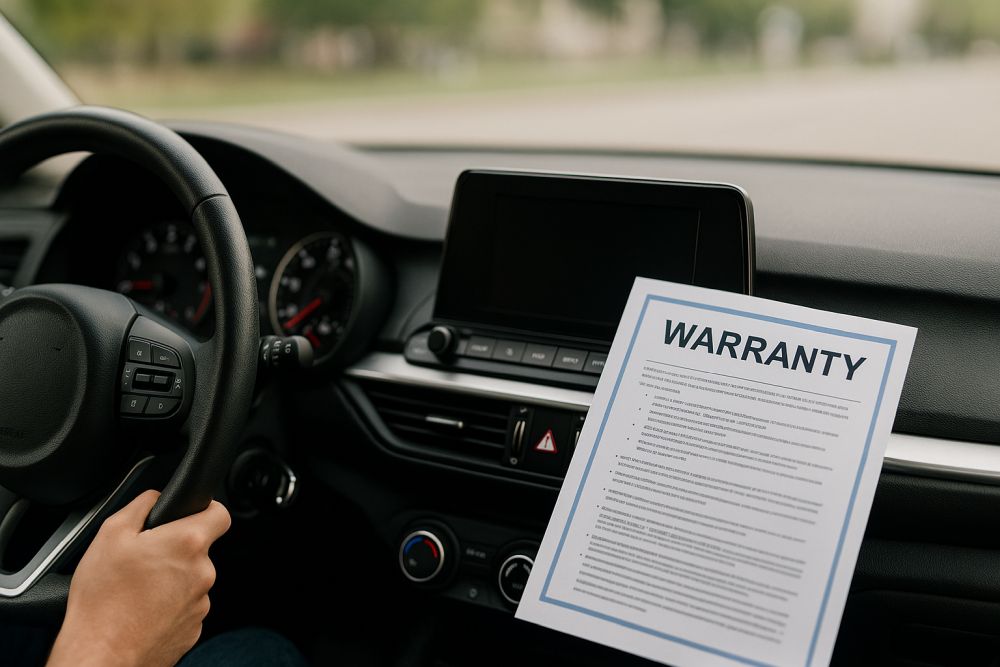Buying and selling used cars can be anxiety-provoking business to newbies to the used car game and seasoned veterans alike. There is much more to vehicle transactions than simply taking a check and handing out keys, particularly if you want the purchase or sale to benefit both parties in the transaction. Check out these critical tips for buying and selling used cars that will ensure both sides of the transaction walk away satisfied.
For Buyers
If you are in the market for a used car, there are a few key steps to take to safeguard your purchase:
Do Your Homework
Before you begin shopping for your vehicle, know what type of car you want and what you are willing to pay. A little bit of homework goes a long way when it comes to discovering the performance and reliability of various makes and models you might be interested in. Good sources of information are Consumer Reports to find reliability ratings and the Kelley Blue Book to get an idea of what a car might be worth.
As you are working your way through your research, make a list of the features you would like to have in your “new” used car, such as automatic transmission, air bags and air conditioning. It is also helpful to list the models you are interested in, or at least the type and size vehicle you want, before you begin your search. For example, a parent of a sizeable clan might need a minivan, while someone living in an area with dicey winters may be specifically looking for an SUV with four-wheel-drive.
Know Your Financial Options
At the same time you are researching vehicles, take a close look at your finances to determine how much car you can afford. Get a copy of your credit report and weigh your loan options if you don’t plan to pay cash for the car. If you get prequalified for a loan prior to beginning the shopping process, it means more negotiating power for you when you find a vehicle you like. It will also ensure that you stay within your budget when shopping for a used car.
Research the Vehicle
Obtain the vehicle identification number (VIN) from the specific car you are interested in. This number, which is usually 17 digits, may be found on the dashboard of the vehicle, or posted inside the driver’s doorway. In some cases, it might also be located on the engine block or under the spare tire. If you can’t get the VIN from the vehicle, you can also find it on the car registration, title or insurance policy.
Choose a website that specializes in vehicle history reports. You can also obtain free VIN checks from places like the DMV and the National Insurance Crime Bureau. Once you have chosen your website, simply enter the VIN in their search engine. The search will turn up ample information about the vehicle in question, including title history, accident reports and even maintenance schedules. Use this information to make a smart choice about whether this car is the right choice for you.
Give it a Test Drive
Even if the vehicle history report is squeaky clean, don’t ever buy a vehicle sight unseen. Take the car for a test drive, listening carefully for any unusual noises from the engine. Check the acceleration and braking, as well as an overall feel for how the car handles.
Bring in a Professional
If the car continues to pass inspection, the next step is to take it to your trusted mechanic for a complete check-up. If your vehicle history report turned up any areas of concern, such as a previous accident, make sure to bring them up with your mechanic. Ask him to inspect the odometer for signs of tampering while he is inspecting the rest of the vehicle. Odometer fraud is a relatively common ploy used by used car sellers to artificially inflate the “value” of a vehicle.
For Sellers
Selling a used car can also be overwhelming. The following tips will help the sales process to go much smoother:
Practice Safety First
Avoid placing a “For Sale” sign in your car’s window with your phone number posted, since this could be a signal for criminals. Instead, post your vehicle at forums that attract used car shoppers, such as Autotrader.com. You can also still get some responses by placing a classified ad in your local newspaper.
When you schedule appointments with potential buyers, make them in a public place, such as a supermarket parking lot or outside your office. Avoid having buyers come to your home to check out the vehicle. If you get a call from a “buyer” that makes you feel uncomfortable, you can always say the car has already been sold to avoid a potentially dangerous situation.
Know Your Market
Just like a buyer needs to research vehicles to learn their value and pricing, a seller must do much of the same. Know whether the vehicle you are selling is considered a hot commodity that warrants a higher price. Use the same resources listed above to get a good idea of the value of your vehicle so you can set the price appropriately.
Spruce it Up
Give your vehicle some curb appeal with a thorough washing inside and out. Vacuum the carpet and spot clean as necessary. Consider springing for detailing if the car has become considerably run down. Make basic repairs, including fixing dents and scratches, which can reduce the value of a vehicle in the eyes of a potential buyer.
Use Caution with Test Drives
When a buyer requests a test drive, exercise some caution before letting your vehicle out of sight. First, make sure the driver is over 18 and write down the person’s driver’s license number. Ask to see proof of insurance, since an uninsured driver who gets into an accident will become a liability to you. Do not let minors take the car on a test drive without an adult, since liability is also an issue in these situations.
Don’t Forget Your Plates
Once you find a buyer and complete your sales transaction, make sure to remove your license plates before the new owner takes the car home. If the buyer leaves with your plates still intact, you could be held liable for traffic tickets or other infractions while the plates are still on the vehicle. It is also important to notify the DMV right away after the vehicle is sold to ensure full transfer of ownership to the new owner.
Buying and selling a car can be a challenging prospect, but when you break the process down into smaller steps, it becomes much easier. Keep these tips in mind when you are transacting on a vehicle to ensure both purchases and sales are a complete success.


